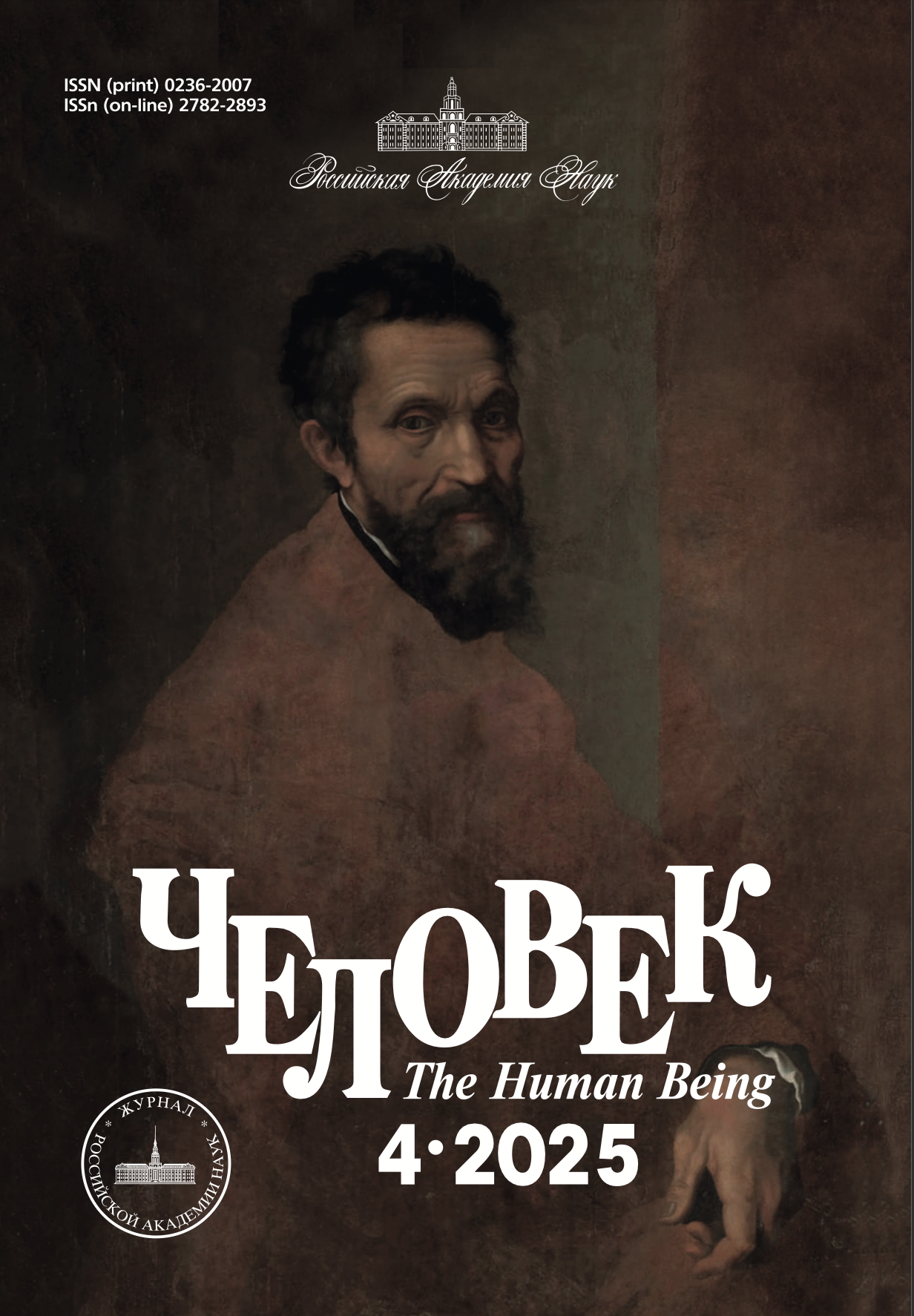Contemporary Practical Anthropology: Philosophy in Practice — Eating (in) Theory
DOI:
https://doi.org/10.31857/S0236200725040101Keywords:
applied philosophy, Annmarie Mol, empirical philosophy, humanAbstract
The article considers the project of empirical philosophy, presented by Annmarie Mol in her last book Eating in theory and the specificity of her conceptualization of human. Preliminarily a short overview of evolution of applied philosophy and similar projects within actor-network theory (Latour’s experimental and empirical metaphysics and John Law’s empirical ontology) is briefly outlined. The author spots out the features of Annmarie Mol’s philosophical thinking. Then author considers of an example of such type philosophizing — reconceptualization of human image using food studies. Mol builds her model of human by revising four aspects: being, knowing, doing, relating. Human beings appear as the being embodied subject with semipermeable boundaries. Knowing is understood as an interaction process, during which both subject and object can be transformed. As a result, we do not just get new knowledge about the world, but also transform it. Conceptualization of doing goes beyond voluntary action and natural process opposition and is produced in terms of task. Relation is considered to be a complicated intertwining of human and non-human actors. Human is understood not as highlighted from the world figure, but as an entity among other entities, being, knowing and doing in the world and relating with absolutely Otherness, included in nets of different (f)actors. In the last part author reviews reactions to the Mol’s theory and offers a critic note on empirical philosophy.






